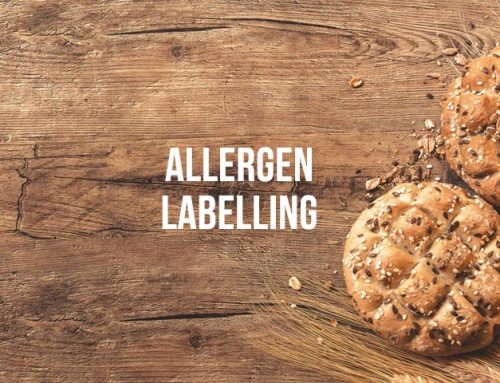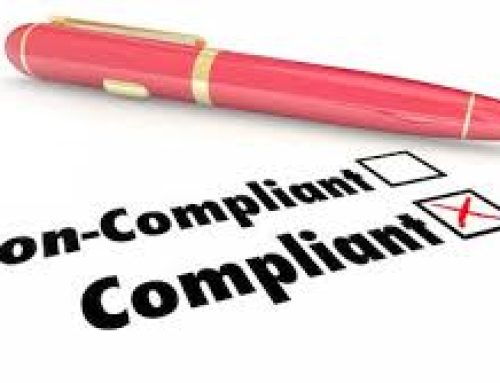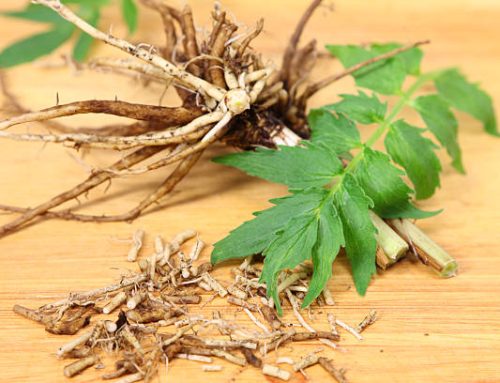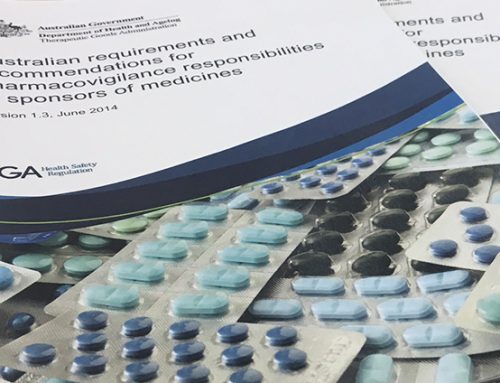Formulated Supplementary Sports Foods
From 30 November 2020 it will be unlawful to sell, advertise or release onto the market Formulated Supplementary Sports Foods that make express or implied claims for the improvement or maintenance of physical or mental performance in sport, exercise or recreational activity that contain any high risk ingredients identified in the recent Section 7 declaration.
High risk ingredients include those ingredients that fall under a schedule in the Poisons Standard, or are on the World Anti-Doping Code International Standard Prohibited List. Additionally, substances with equivalent pharmacological action to any of the substances on either list are also covered by the declaration. Two ingredients specifically identified in the declaration as relevant substances that are not in either standard are Dendrobium nobile and methylliberine.
Additionally, effective 30 November 2023 any product that make express or implied claims for the improvement or maintenance of physical or mental performance in sport, exercise or recreational activity AND is in the form or a tablet, capsule or pill will, for the purposes of the Therapeutic Goods Act, be considered a Therapeutic Good and not a food.
Check health claims
The following claims are deemed therapeutic by the declaration and will therefore no longer be acceptable for use with Formulated Supplementary Sports Foods that fall under the declaration by also containing high risk ingredients OR being in a tablet, capsule or pill form: gaining muscle; increasing mental focus/metabolism/stamina; modifying hormone levels (including increasing testosterone or reducing oestrogen); losing weight or fat; preparing for or recovering from workout. (Note this is not an exhaustive list).
Options available for affected products
1.Continue to market as a food
- reformulate, removing any ingredients identified in the declaration;
- remove/change product claims;
- change to a traditional food form eg. powders, beverages, bars.
2. Transition to ARTG Listing (by 30 Nov 2020 for products with high risk ingredients)
- incurs costs and obligations to meet legislative requirements
- allows stronger health claims to be made if supported by evidence (including those listed above)
- provides reformulation options (wider range of ingredients permitted)non-food forms permitted (pills, capsules, tablets)
3. Withdraw product from market.
Be aware that, even though a product does not fall directly within the scope of the declaration, or will not be affected until the end of the transition period based on its form as tablets, capsules or pills (30 November 2023), the TGA may at any time determine that it is a therapeutic good by reason of its overall presentation. As such we recommend that sponsors of sports supplements in these forms carefully review their claims and overall presentation and set a timeframe to investigate options for the commercial future of these products.
If you are unsure if a current product will be classified as a food or a therapeutic good we can assist you with determining the classification and best options for your individual products to help minimise expense and time resource for your business, contact us for more information.








